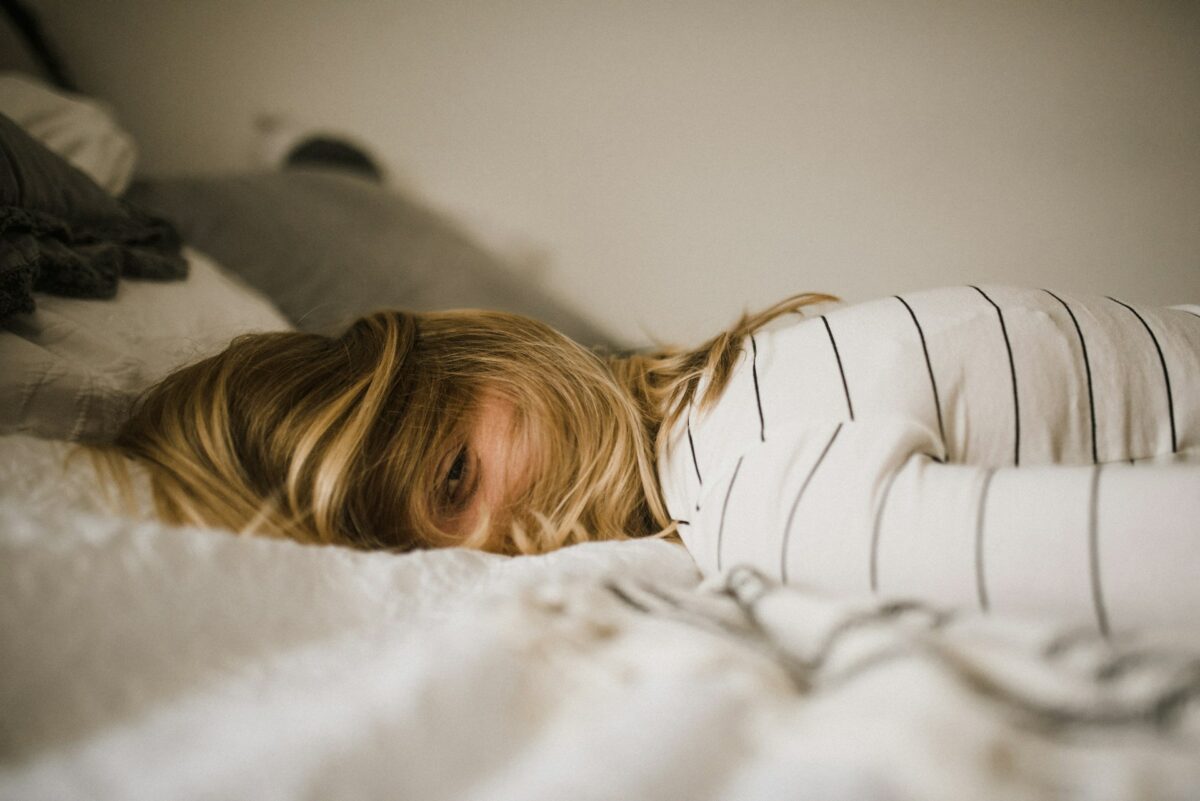A good night’s sleep is important for our physical and mental health. Sleep helps our bodies heal and repair themselves and also improves our mood and cognitive abilities.
Sleep deprivation can cause a lot of problems, both mental and physical. One of the most frustrating problems it can cause is migraines and other types of headaches. In this guide, we explore the dangerous health implications of lack of sleep.
What is Sleep Deprivation?
Sleep deprivation is a condition where a person does not get enough sleep. It can be caused by a number of things, including work, stress, illness, or poor sleep habits.
It can have a number of negative effects on your health, both mental and physical. It can cause problems with memory, concentration, and mood. It can also lead to physical problems such as an increased risk of accidents, heart disease, and obesity.
What are Migraines?
Migraines are a type of headache that can cause severe pain, nausea, and vomiting. They are often accompanied by other symptoms such as sensitivity to light or sound. Migraines can last for a few hours or even days.
Women are more likely to suffer from migraines than men, and those with a family history of migraines are also more likely to experience migraines themselves.
Does Sleep Deprivation Cause Migraines?
There is no definitive answer to this question, as the causes of migraines are not fully understood. However, there is some evidence to suggest that there is a strong connection between sleep disorders and headache disorders such as migraines, tension-type headaches, and cluster headaches.
However, people who experience migraines are more likely to have problems with sleep than those who don’t experience migraines. Not getting enough sleep can make migraines worse and happen more often.
The relationship between sleep deprivation and migraines is not fully understood, but they may share some brain mechanisms. For example, the hypothalamus, which regulates sleep and arousal, also contains neurons that modulate pain.
The hypothalamus also contains the suprachiasmatic nucleus (SCN), which helps us match our sleeping behaviours to the external cycle of light and darkness. A damaged SCN may cause erratic daytime sleep and disrupt the sleep-wake cycle.
How Do Poor Sleeping Habits Worsen Migraines?
While getting enough sleep is important for overall health, research has found that too much sleep can actually trigger migraines. So if you’re prone to migraines, be careful not to oversleep on the weekends!
The relationship between sleep deprivation and migraines is a two-way street. This means that sleep disturbances can trigger migraines, but migraines can also negatively impact our sleep. Migraines can leave us feeling exhausted and excessively sleepy, which may disrupt our sleep-wake cycle.
What to Do When You Wake Up with a Migraine?
There is no one-size-fits-all solution to migraines, but there are some things you can do to try to ease your symptoms. Taking over-the-counter pain medication, drinking lots of water, or placing a cool, damp cloth on your forehead may provide relief.
You may also want to create a calm and quiet environment for yourself, free from bright lights and loud noises. If your migraines are severe or happen often, you should talk to your doctor.
Conclusion
There is currently no definitive answer to whether or not sleep deprivation causes migraines. Sleep deprivation may be a trigger for migraines in some people, but there are easy ways to alleviate it.
If you are experiencing migraines, it’s time to start sleeping right. We at Sleep Better Live Better offer solutions to help you sleep better. Get in touch with us today to get started.





